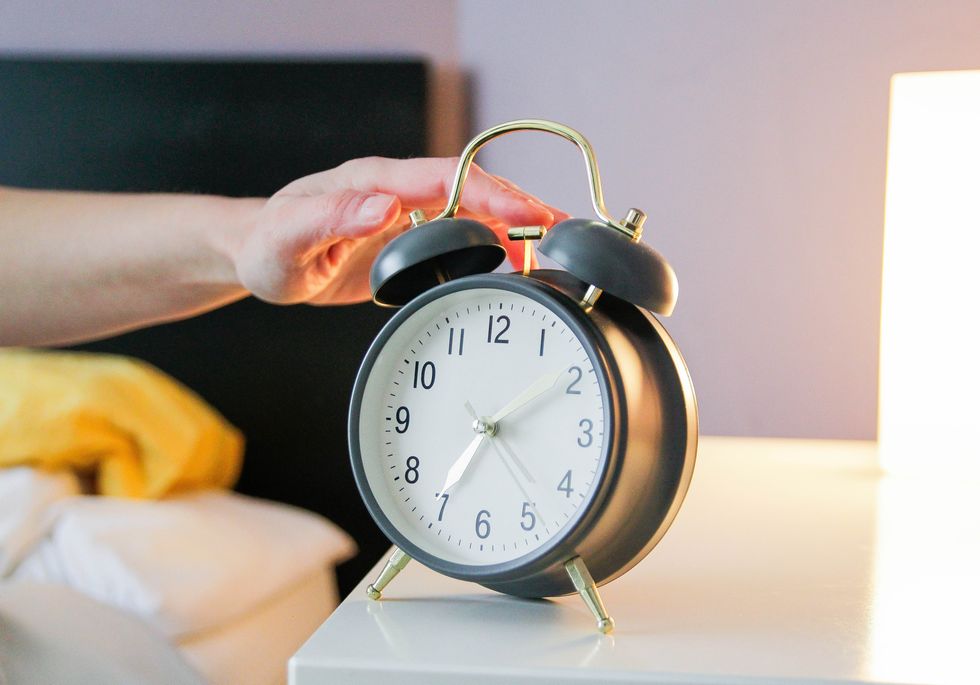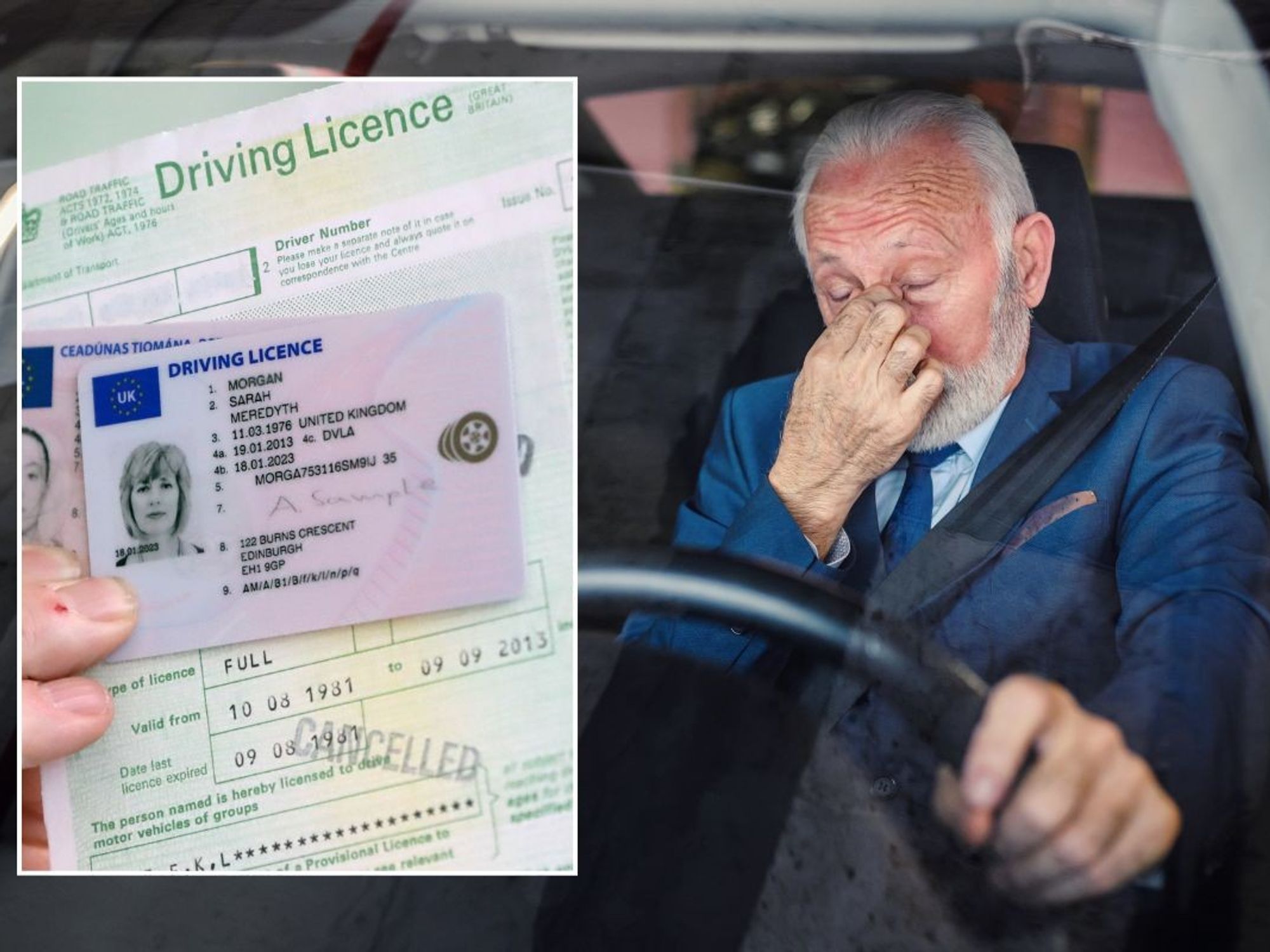Clocks in the UK go back on Sunday
GETTY
The clocks go back on October 29 which could potentially trigger health problems
Don't Miss
Most Read
Trending on GB News
Daylight savings falls this Sunday in the UK which means brighter mornings and an extra hour in bed.
However, the time change can cause sleep disruptions and even affect cardiovascular health and productivity.
Clocks go back at 2am on Sunday, October 29.
An expert has spoken about how to minimise disruptions to routine, including how to get a good sleep.
They suggested there are a few things that should be done to help the body adjust to the clocks.

Daylight savings can impact sleep and health
GETTY
This includes limiting alcohol and caffeine, exercising - although not too late in the day - and getting plenty of fresh air.
The experts, from The Sleep Charity, also suggested creating the perfect sleeping environment.
This includes keeping the room cool, but wrapping up if too cold.
This comes as experts warned over potential health problems that central heating can trigger.
The Sleep Charity’s deputy CEO Lisa Artis said: “A one hour adjustment to your bedtime may seem small, but it can impact sleep for some people.
“The clocks moving back an hour resets our circadian rhythms, meaning for a few days our internal body clocks aren’t quite in sync with our usual daily cycles.
“Even though it’s just a one hour difference, it can be unexpectedly difficult to adjust to a new routine and sleep at night.
“This will affect several people, particularly those who are already struggling to get enough rest at night.
"With the cold winter nights also impacting sleep, it’s important that you are working on good sleep habits to get the highest quality rest you can."
LATEST DEVELOPMENTS
Following the tips will help people sleep more easily and reduce the risk of major disruptions or health problems caused by the clocks going back.
For most people, the impacts of the clocks changing will go away within a few days.
Lisa added: “The majority of people’s body clocks will go back to normal within a couple of days, but if you need any help or advice with your sleep, you can contact our National Sleep Helpline for more support.”
This comes as Britons were warned of disruptive health problems brought on by darker nights.








